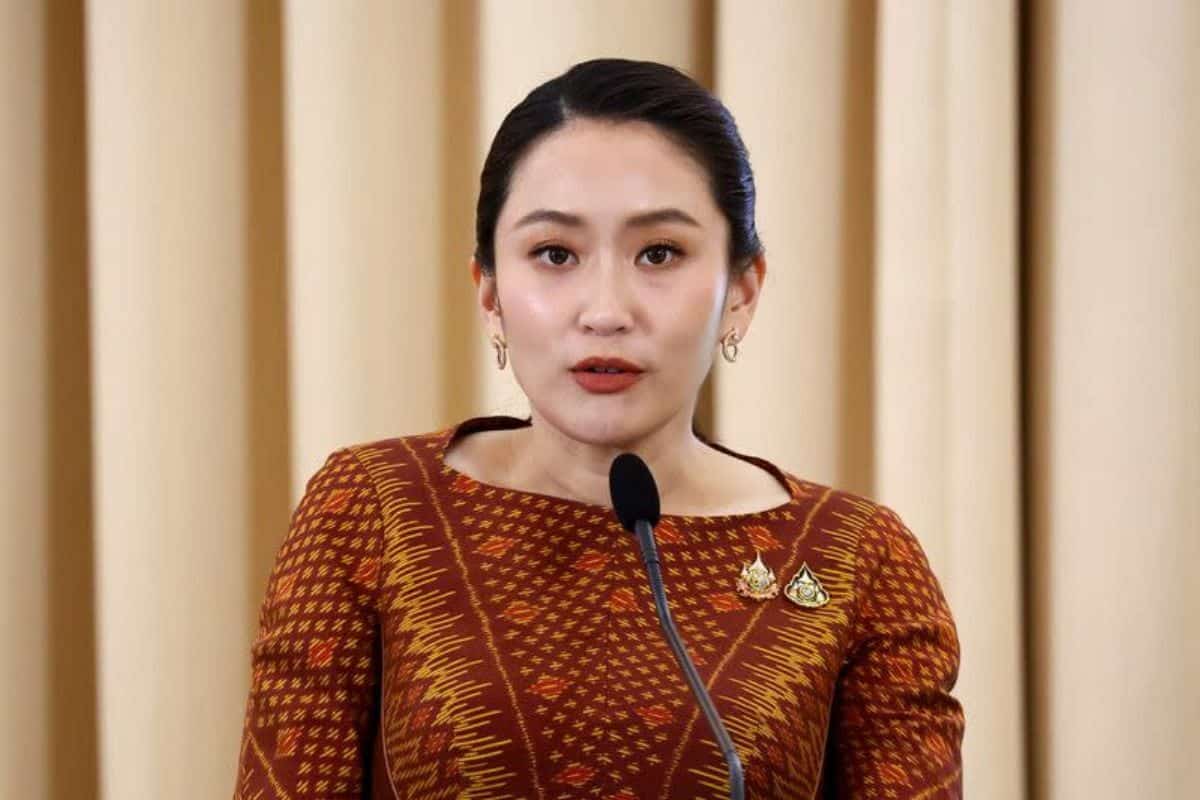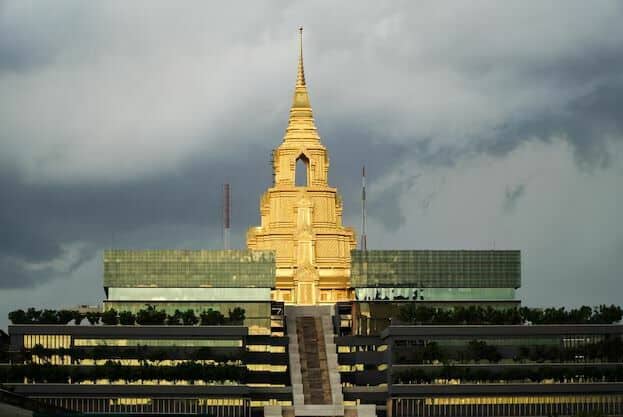Thailand’s 3.78 trillion baht budget faces US tariff concerns

The Thai Parliament will hold a special session next month to debate the government’s proposed 3.78-trillion-baht budget for the 2026 fiscal year, as concerns over a potential trade war with the United States loom large.
With Prime Minister Paetongtarn Shinawatra’s government seeking to minimise the economic impact of looming US tariffs, the upcoming session promises to be a pivotal moment in shaping the nation’s financial future.
The House of Representatives will convene from May 28 to 30 to discuss the draft budget for the fiscal year beginning October 1. House Speaker Wan Muhamad Noor Matha confirmed the special session, which was initially not scheduled until July. The proposed budget, which represents a modest 0.8% increase from the current year’s 3.75 trillion baht, also anticipates a slight reduction in the deficit, with the gap narrowing from 870 billion baht to 860 billion.
However, the proposed budget comes at a time of heightened economic uncertainty. Opposition lawmakers have already called for a reworking of the budget to address the potential fallout from a 36% reciprocal tariff threatened by the US. The tariff could significantly affect Thai exports, particularly as the US remains Thailand’s largest export market. With this in mind, some lawmakers are pushing for measures in the budget to cushion the economic blow.
The International Monetary Fund (IMF) has also slashed Thailand’s economic growth forecast for 2025 from 2.9% to a mere 1.8%, citing the growing risks from the escalating global trade war. The government has warned that if the US tariffs are not negotiated down, they could shave off at least one percentage point from Thailand’s growth for the year, reported Bangkok Post.

In addition to the budget debate, Parliament is expected to consider two draft laws aimed at combating cybercrimes and call-centre scams, which have become major issues in recent years. While the government has hinted that it may propose other legislative measures, including a controversial bill to legalise casinos, it remains unclear whether this will be discussed during the special session.
As the country faces growing economic challenges, all eyes will be on the special session in May to see how Thailand’s leaders plan to navigate these turbulent waters.
Latest Thailand News
Follow The Thaiger on Google News:


























